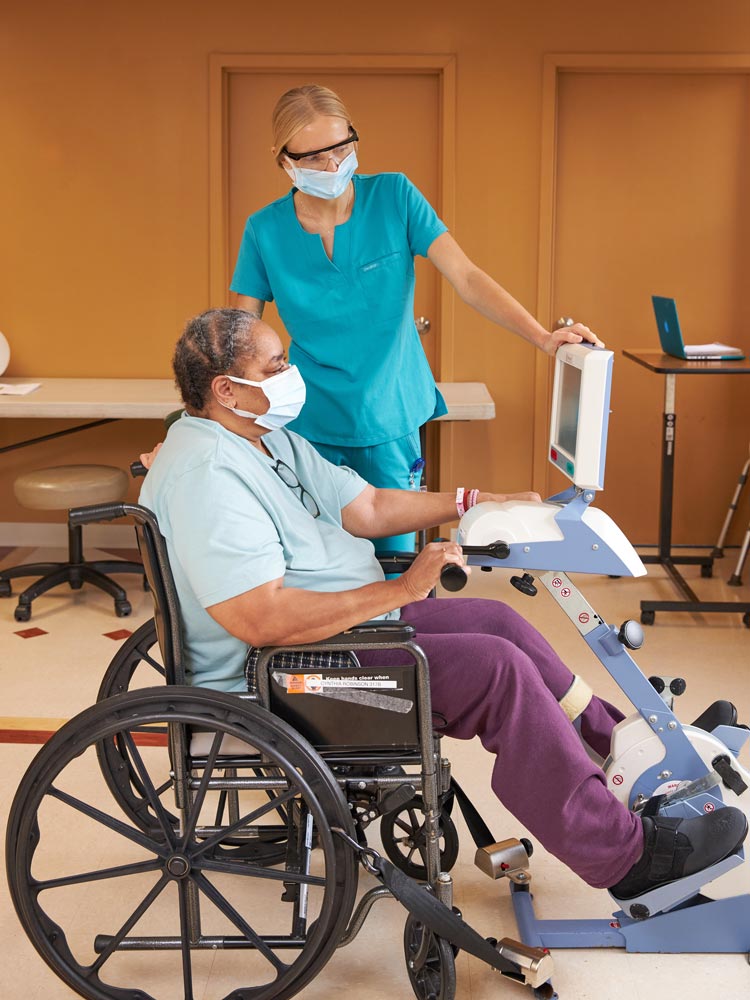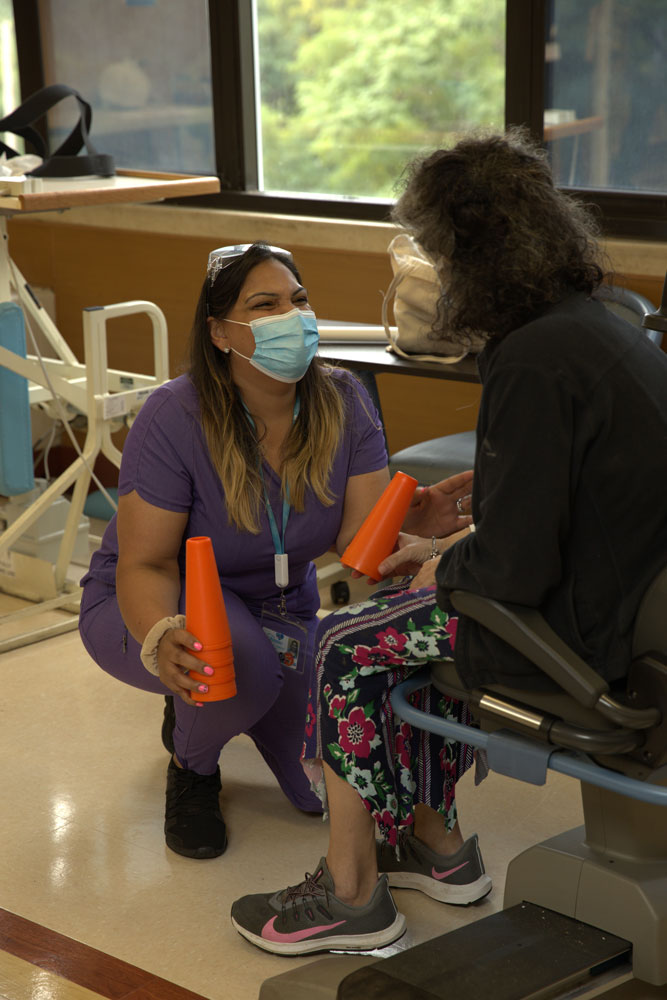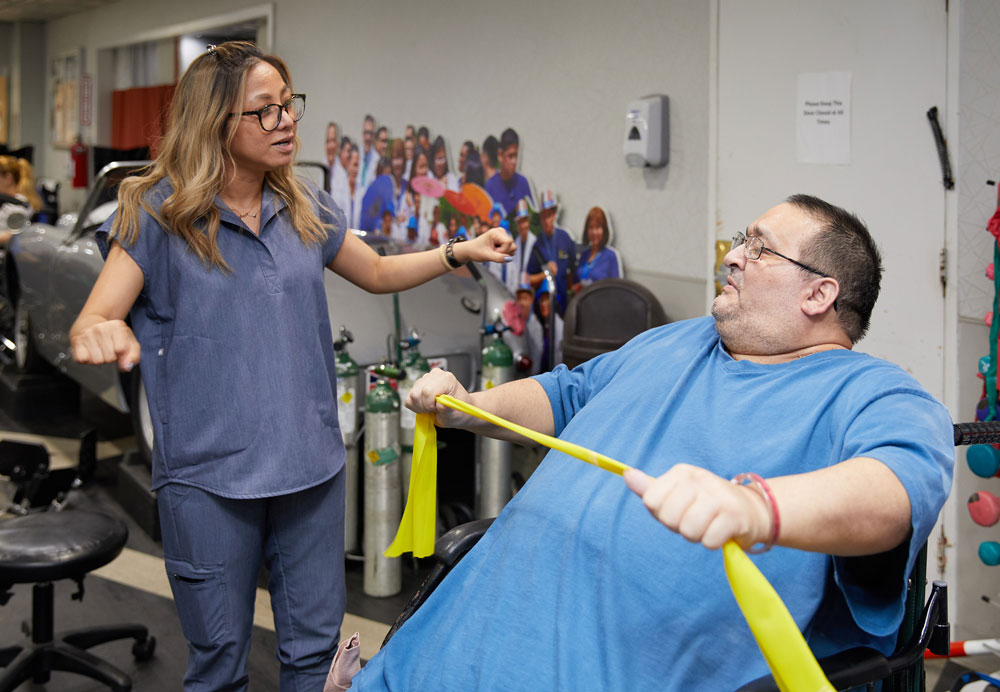Blog
Most Common Senior Conditions That Need Rehab
Most Common Senior Conditions That Need Rehab Some health conditions frequently occur in seniors, including hearing loss, musculoskeletal disorders, such as osteoarthritis, dementia, diabetes, or heart disease. One of the most common
What Causes Congestive Heart Failure?
What Causes Congestive Heart Failure? When a person’s heart fails to pump enough blood around their body, they are suffering from heart failure. Why this happens and what causes congestive heart failure?
What is the Life Expectancy of Someone with Clogged Arteries?
What is the Life Expectancy of Someone with Clogged Arteries? Arteries are supposed to have smooth inner walls for easy blood flow. Unfortunately, plaque buildup causes them to narrow and harden, reducing
Is a Normal Life Possible After Brain Injury?
Is a Normal Life Possible After Brain Injury? Traumatic brain injuries could happen at any time to those of all ages. They result from strikes to the head from falls, vehicular collisions,
How Does Occupational Therapy Help With Coordination?
How Does Occupational Therapy Help With Coordination? Issues with balance and motor skills can happen at any age, though they are more common in adults and seniors. They are often the results
Watch For These Most Common Complications of An Ileostomy
Watch For These Most Common Complications of An Ileostomy Certain conditions cause inflammation or damage to the colon, preventing it from safely disposing of solid waste. Such medical issues include bowel
What Therapy Helps a Knee Heal Faster After Surgery?
What Therapy Helps a Knee Heal Faster After Surgery? If you have disability and pain in a knee, you may need surgery. Most commonly, osteoarthritis is the cause of such problems
Proven Ways You Can Speed Up Broken Bone Healing
Proven Ways You Can Speed Up Broken Bone Healing Whether it’s a simple or complex fracture, there is no single best approach to healing broken bones quickly. Experience shows that it’s
Benefits of Pet Therapy for the Brain
Benefits of Pet Therapy for the Brain Animal-assisted therapy involves the use of various animals to aid in the recovery of health conditions. The practice has been in place since the








